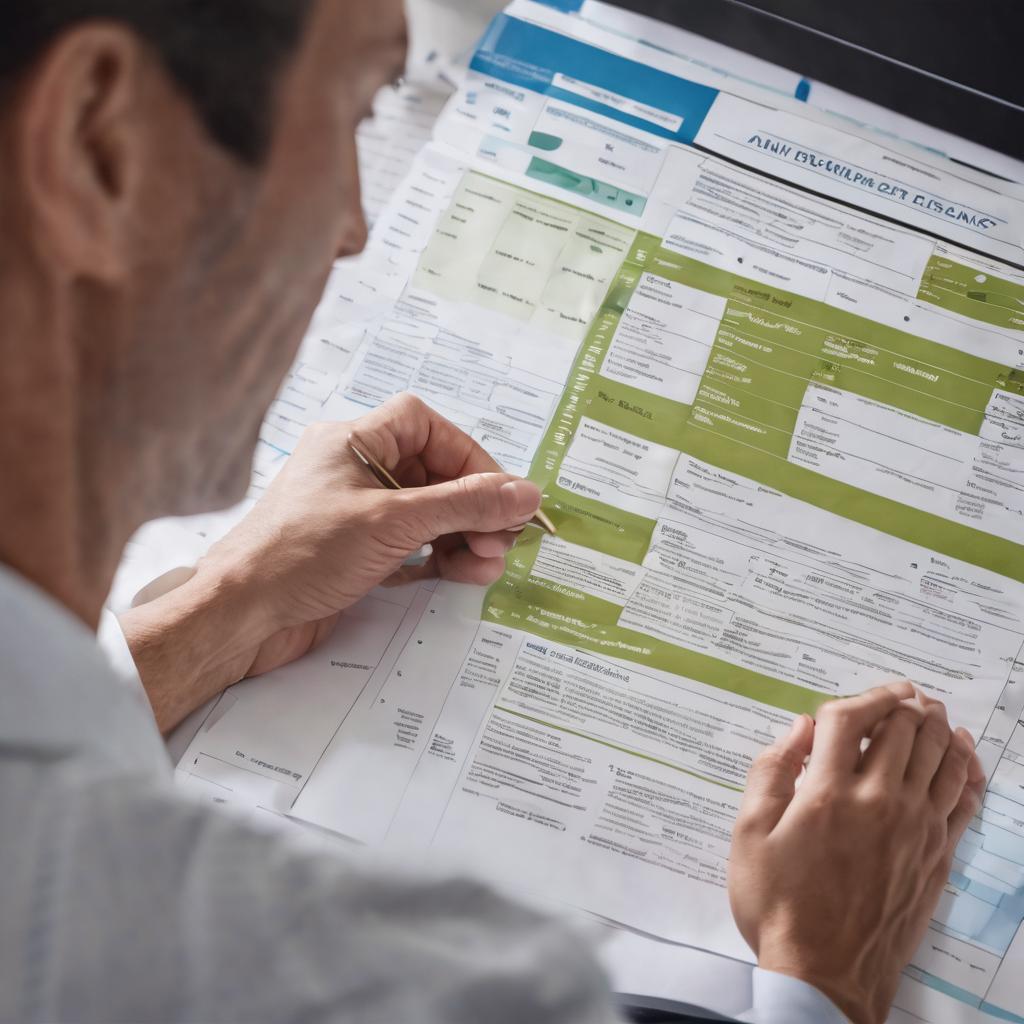How to Choose the Right Homeowners Insurance Policy for Your Needs

Contents
- 1 Introduction
- 2 Compare coverage with other homeowners insurance quotes.
- 3 Think about your mortgage, or borrow money if you need to.
- 4 Consider your deductible and premiums.
- 5 Look into discounts and add-ons.
- 6 Have all the information about the home.
- 7 Make sure you get the right homeowners insurance policy for your needs
- 8 Conclusion
Introduction
Whether you’re a first-time homeowner or you’ve owned your home for years, there are several factors to consider when choosing the right homeowners insurance policy. To help you out, we’ve outlined six steps that will help make your choice easier:
Compare coverage with other homeowners insurance quotes.
- Don’t just compare prices. You want to make sure you’re getting the best value for your money, which means comparing coverage as well as price.
- Get multiple quotes from different insurance companies before settling on one policy.
- Consider all of your needs when shopping around for homeowners insurance, and look for a policy that covers them all–you don’t want to have to buy separate policies from different companies just because each one only offers limited protection in certain areas of risk management!
Think about your mortgage, or borrow money if you need to.
You may be thinking that homeowners insurance is something you can put off until later, but this isn’t true. In most cases, your lender will require you to have insurance before they give you a mortgage or loan. If you don’t have enough money saved up for down payment and closing costs on your own, it’s possible that they’ll lend it to you–but only if they know that the house is covered by an adequate policy.
If this sounds like something that could apply to your situation (and it probably does), then now’s the time to start shopping around for good deals on homeowner’s policies!
You can consider your deductible and premiums. The higher the deductible, the lower your premiums will be. This is why it’s important to choose a deductible that is affordable for you.
If you have high-value items in your home and want them insured against loss or damage, then choosing a higher deductible will allow for lower monthly payments. However, if there are few valuable items in your home and they aren’t worth insuring (or they’re not covered by insurance), then this may not matter much at all because there won’t be any additional savings from choosing a high-cost policy with less coverage or an inexpensive one with more coverage than necessary–and vice versa!
It’s also important to keep in mind that deductibles can change over time based on changing circumstances such as having children move out or buying new appliances for example which could increase risk factors associated with living somewhere else entirely.”
Look into discounts and add-ons.
Discounts and add-ons can be added to your policy to provide protection for certain items or situations. If you have a burglar alarm, for example, your insurance company may offer a discount on the cost of your homeowners insurance. There are also discounts available for monitored alarm systems and home security systems in some areas.
You should also check with the company before purchasing any new equipment that might affect your premiums; some companies don’t offer discounts on certain types of equipment because they’re more prone to breakage or theft than others (for example, solar panels).
Have all the information about the home.
The first step to choosing the right homeowners insurance policy is to have all the information about your home. You should have a copy of your home insurance policy, as well as photos and videos of it. You should also include a description of any improvements made to the property and any renovations done by previous owners that may affect how much coverage you need (for example, if there was extensive mold damage from flooding).
Make sure you get the right homeowners insurance policy for your needs
When choosing a homeowners insurance policy, there are a few things you should keep in mind. First, know what’s covered by your policy. For example, do you have coverage for flood damage? If so, how much is it? What about fire damage–is that included as well? Second, find out how much the homeowners insurance premium will be each year (or month). Thirdly, make sure you understand what types of losses aren’t covered by your policy and how to file a claim if something does happen unexpectedly at home or on the property itself.
Conclusion
Hopefully, this guide has helped you understand the basics of homeowners insurance and how to find the right policy for your needs. If it has, great! If not, don’t worry–there are plenty more resources out there that can help you make sense of things. Just remember that when it comes down to it: You want protection against disaster (and peace of mind), but also don’t want to pay too much or get unnecessary coverage. So take your time researching options before making any decisions about what kind of policy will work best for you and your family at home!








